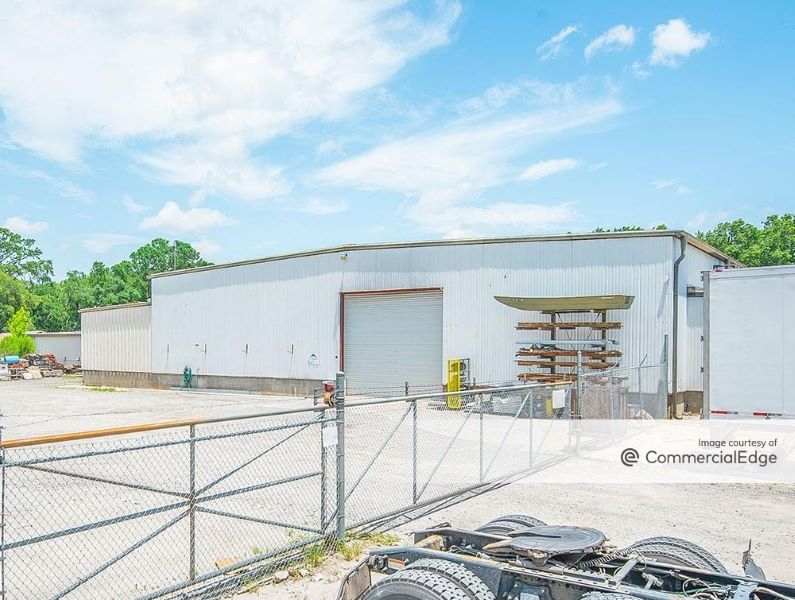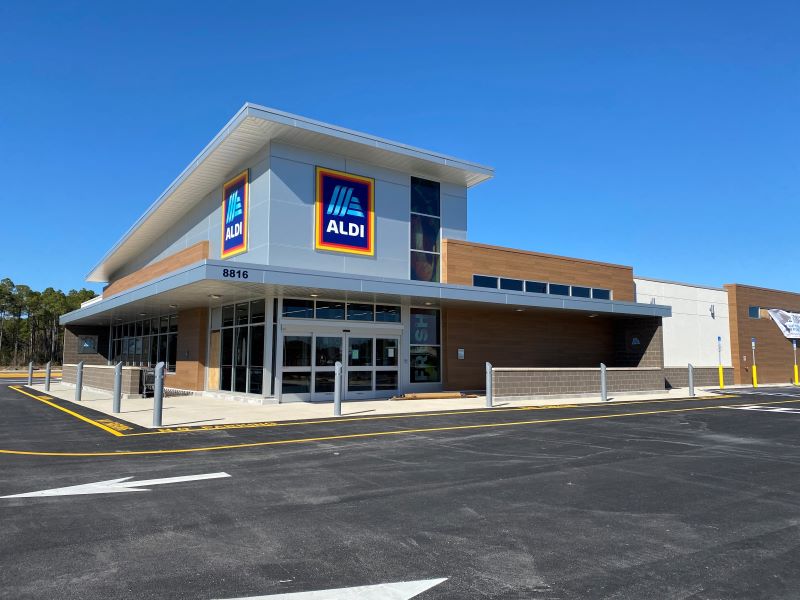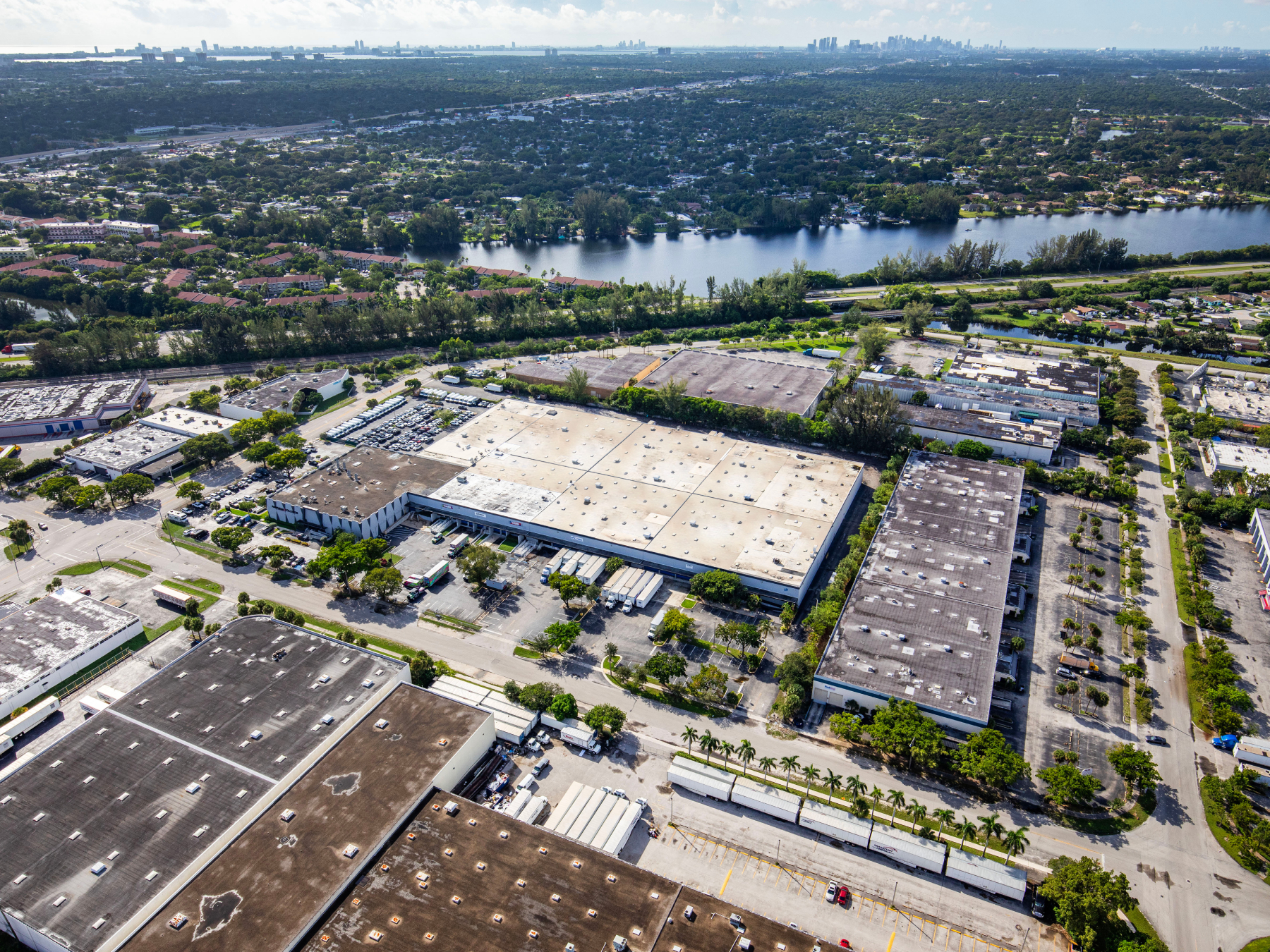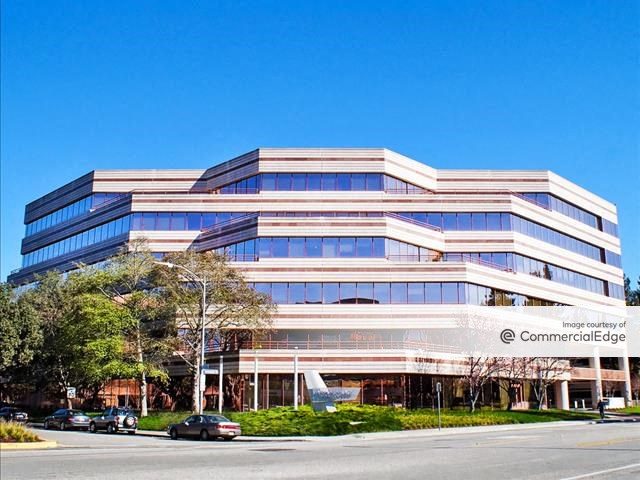CRE Tech Investments Can Withstand Potential Recession
Investments in tenant experience-related technologies will continue to be a high priority, according to Deloitte’s Steve Bandolik and Jim Berry.
The real estate landscape is continuing to evolve at a rapid pace, and while global economic volatility is raising a degree of uncertainty on the nearer term global and U.S. economies, 2020 seems primed to be yet another good year for the industry. Overall, the economic outlook for the U.S. CRE market is moderately positive for the year ahead. According to our 2020 Commercial Real Estate Outlook, two-thirds of CRE executives with a predominant office property portfolio expect growth in rental rates and one-third anticipate a decline in vacancy levels. And while interest rate uncertainty, geographic market, and tenant concentration risks remain top challenges for executives, a solid 73 percent expect increases in transaction activity.
Buoyed by this optimism, CRE executives agree that investments in tenant experience-related technologies will continue to be a high priority. We’ve discussed tenant experience in several columns this year (see Parts 1 & 2 of our Using Tenant Experience to Court Investors series), but there’s a reason for the continued emphasis: tenant experience is now a factor that rivals location in terms of importance when it comes to real estate decisioning. This means that owners and operators may want to consider investments in improving tenant experience that help them compete on more than just location. In response, 92 percent of CRE executives plan to maintain or increase their tenant experience-related technology investments over the next 18 months. Notably, investors seem more bullish on investing in this type of tech, with 21 percent of private equity real estate investors and managers looking to significantly increase their allocations to it.
As part of our report this year, we wanted to learn from industry professionals how they would tune their technology investments in the event of an economic downturn or recession. Concerns and uncertainty on economic growth are generally intensifying, yet even so, just 15 percent of CFOs representing North America’s largest and most influential companies expect an extended decline in economic activity. Leverage is good, interest rates are working in the industry’s favor, and the economy and base CRE fundamentals for the U.S. CRE market remain on a strong footing. The survey results indicate that, if a recession happens, it is believed to be manageable, with capital likely remaining patient.
Perhaps because of this longer-term and generally supportive outlook, CRE executives predict that technology investments will remain on track despite a possible recession. More than 70 percent of CRE executives–particularly PERE investors/managers, developers and property managers–are likely to stick to their plans to maintain or increase overall technology investments even if an economic slowdown occurs. Interestingly, 81 percent of executives from CRE broker firms and consultants with $10 billion or more in revenues indicated they are likely to maintain or reduce their technology investments–perhaps because existing technology budgets are already high or because they are further along on the technology maturity curve and perceive they can pause on innovation without losing a competitive edge on competition from smaller and mid-size firms.
Altogether, we see this sustained commitment to tech investments as a critical shift in the industry’s treatment of technology overall, where adoption has historically lagged other industries: CRE firms are finally treating technology as a foundational aspect of capital allocation, and this will be a critical factor in helping firms continue to differentiate their offerings, compete at the tenant-level, and drive longer term value for the industry over the next 18 months.
Steven Bandolik is a managing director with Deloitte Services LP and a senior leader in Deloitte’s real estate practice. Bandolik provides advisory services in capital markets (debt and equity), corporate finance, mergers and acquisitions, investments, strategy, restructuring and reorganization, and asset recovery. Bandolik brings more than 30 years of effective, hands-on real estate investment, finance, development, and asset/property management experience, both as a leader and as a strategic advisor.
Jim Berry is a partner of Deloitte & Touche LLP and the leader of its U.S. real estate practice. He has more than 34 years of experience serving companies in the real estate, construction and hospitality industries.









You must be logged in to post a comment.